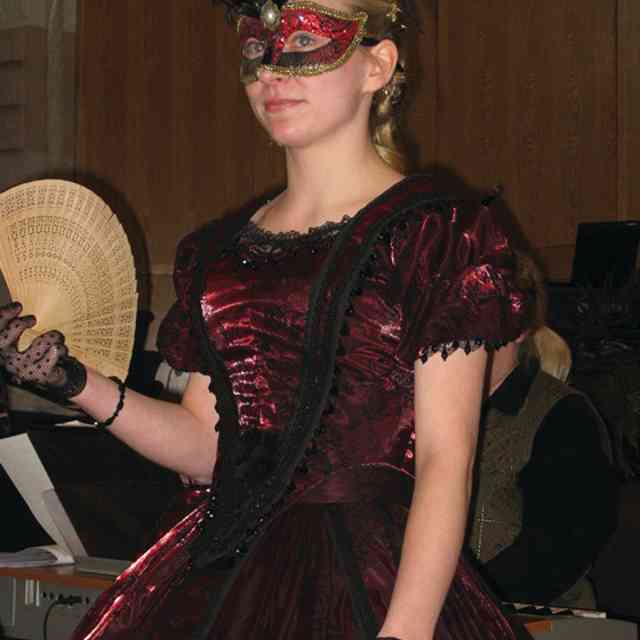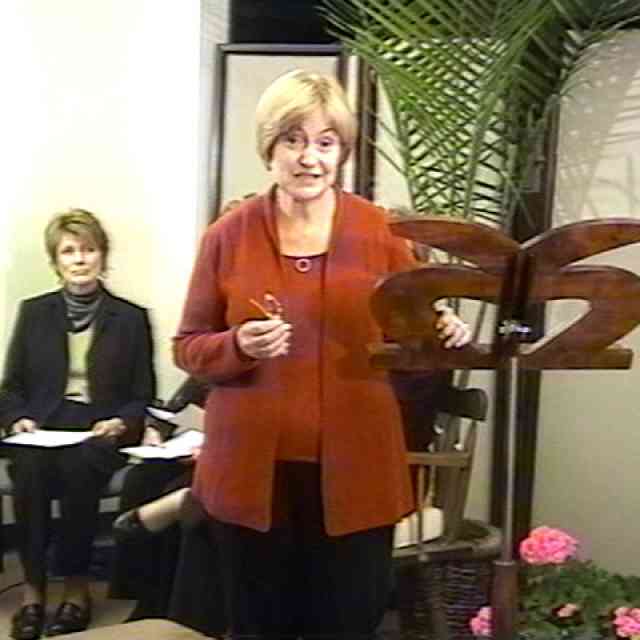Outgoing SAA Board of Directors member Elizabeth Stuen-Walker served from August 2008-August 2011, serving as secretary from 2009-2011.
Tell us about yourself—your studio, your background, and how you became involved with the Suzuki Method.
I have maintained a private a studio in Bellingham, Washington, for twenty-six years, where I teach viola and violin lessons. I became involved with the Suzuki Method in 1969 in Seattle through my quartet coach, Karla Kantner, a violinist in the Seattle Symphony. She first asked me to accompany her group classes on the piano, and then asked if I would take her waiting list of violin students. I was a high school student at the time. I have been teaching Twinkle ever since that eventful endeavor!
I grew up in Seattle in a rich musical community that evolved around the Seattle Youth Symphony. I attended the University of Washington my freshman year and then transferred to Eastman School of Music where I received my BM degree. While at Eastman, I took Suzuki Pedagogy from Anastasia Jemplis. I went on to the Yale University School of Music to receive an MM degree.
My first teaching position was at the Preucil School in Iowa City where I continued to have fabulous training. While in Iowa, I played in the Tri-Cities and Cedar Rapids Symphonies, taught at Cornell College and directed a church choir. In 1984, I returned to my native Pacific Northwest, where I have been busy teaching viola, violin, directing church choirs, playing in a string quartet and in the Whatcom Symphony Orchestra, and arranging viola ensembles.
How has the SAA, the organization itself, given you support over the years?
I am so grateful to the SAA and the Preucils for their support and development of the Suzuki Viola movement. The SAA has provided so much valuable support though programs, conferences and committees. The organization has been a network of teacher training opportunities and experiences for continued life-long learning that have enriched my teaching. Through my membership in the SAA and my involvement as a teacher trainer, many opportunities world-wide have been made possible for me.
Which of the boards’ accomplishments during your term are you most proud of?
The Suzuki Principles in Action course (SPA) and seeing the parent program get developed to the fine degree of Parents as Partners Online.
What has been the most memorable about your time on the board?
The depth of dialogue between colleagues; sharing opinions; learning to think outside the box; learning about Carver Governance; visioning together for the future of the SAA.
What did you learn about the organization by serving on the board that you would like to share with members?
I learned that we are an amazing organization that supports so many innovative programs—from the Teacher Development Program to Latin American support to the certification program and the development of SPA. In addition, I was reminded that each SAA member is an important link in preserving and nurturing the legacy of Dr. Suzuki, through involvement with their students, their community, their state organization and the SAA.
In what direction do you see the organization moving in the future?
I see the organization continuing to focus on training teachers in the Americas; continuing the focus on developing a parent education course; continued implementing of the SPA course; and increased use of technology in our communication and teaching.








